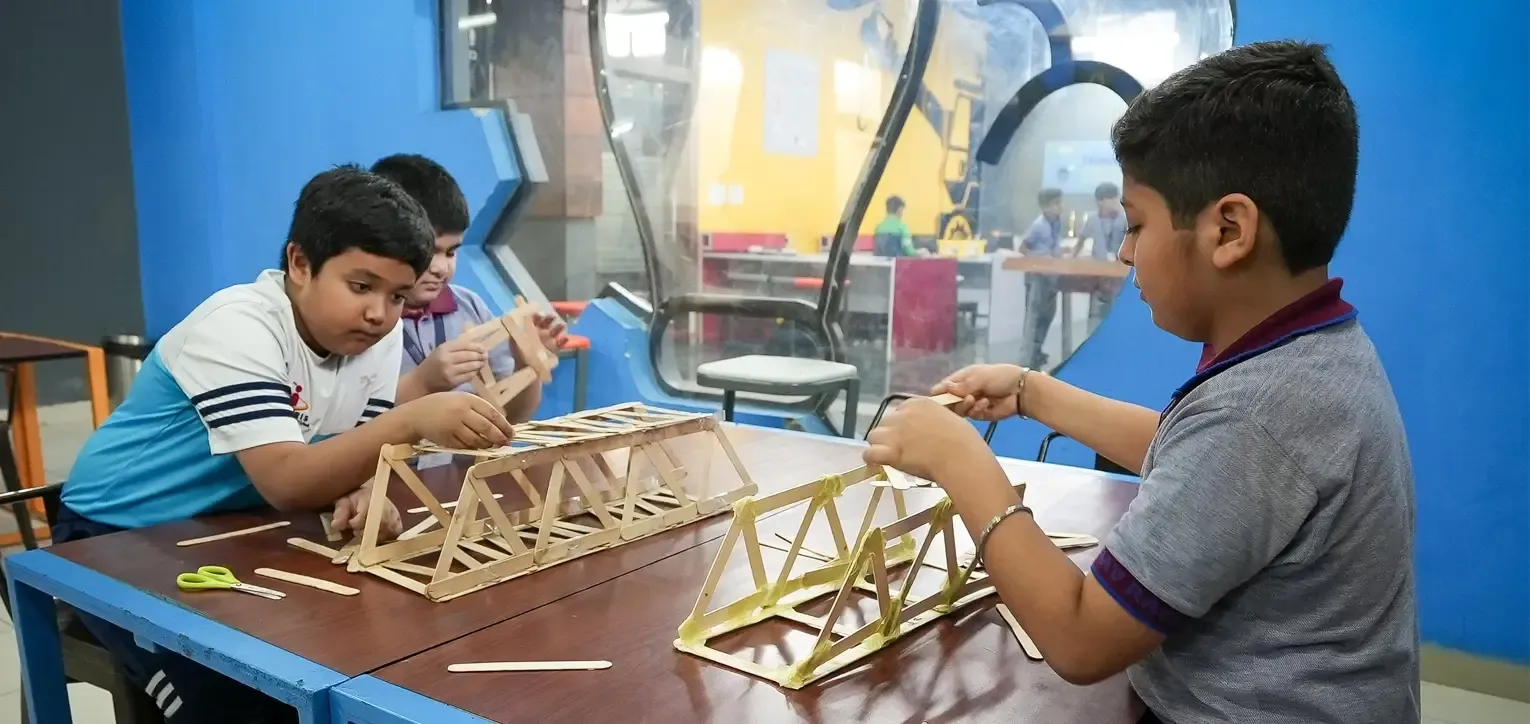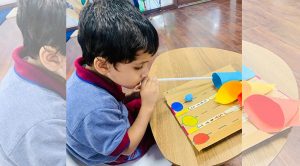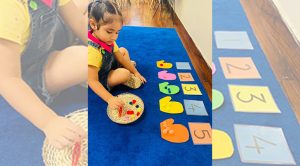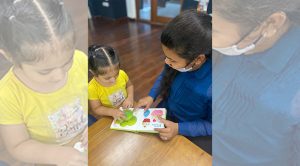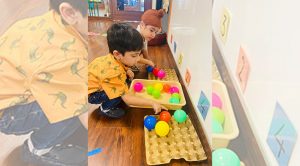Mind You! I am a Toddler! Reading Ikigai, a book about the Japanese secret to a long and happy life, was one of the epidemic cliché that I along with millions of other readers fell for. However, it was totally worth it! Each and every one of us has an ikigai, or purpose, the book says the purpose when fulfilled results in uninterrupted attention, focus, and flow aka mindfulness. This purpose is sometimes referred to as one’s ‘raison d’être’ or the ‘reason to wake up in the morning.’ For some, an ikigai can be losing sense of time in their art, while for others, it might be working out hard and sweating out the hours that feel like they just slipped by. This made me consider how different these factors are today compared to when I was a child. The bustle, worry, instability and distractions that children confront nowadays are really something to be concerned of! Their work space cannot be compared to the ease with which we were able to bask in. We would find an Ikigai, or sense of peace and flow, in the simplest leisurely activities like reading. Let me take you to a number of situations where mindfulness really works Situation 1- The 1980s A toddler gets up, goes to school, engages in a variety of interactions with friends and teachers, engages in a variety of intergrade interactions on the school bus and is welcomed home by grandparents, aunts and uncles. The toddler goes to the park with everyone in the evening, returns home with cousins to play with the coveted ‘kitchen set’ and falls asleep to a different bedtime story every day… with doting parents. Situation 2 -Cut to 40 years later- Year 2022 The toddler was an infant during the lockdown and has been stuck at home with work-from-home parents for months. The parents hardly have time for conversation or the stamina to read out bedtime stories to them. There are no cousins or playmates because the grandparents are in another city. The toddler’s only engagement is with ‘Peppa Pig’ or other ‘educational sites,’ which his or her parents allow him/her to access indefinitely because they believe it is a good way to learn. Do the toddlers have enough chances to play, engage and talk to other children, adults and parents? The answer is a BIG NO! Well, educators around the world have talked about and experienced the pandemic’s consequences on students. These continue to plague the toddlers too, who have finally entered the educational system. Now these toddlers are indicators of virtual autism, separation anxiety, speech delay and dependence on devices. These traits were never previously witnessed by educators. The field of education is dynamic, and in order to progress, we are continually improvising. And the present situation has made it imperative to include ‘Mindfulness’ in every task, activity and concept learnt by toddlers which by definition is a ‘mental state reached by focusing one’s awareness on the present moment, while calmly noticing and accepting one’s feelings, thoughts, and body sensations’. For this different kinds of activities have to be innovated for our young ones. Let us ensure that toddlers, who are accustomed to being exposed to various sensations while screen viewing, are able to focus on a single task at hand. Thus educators must change the way they approach curriculum development in order to minimize multitasking and maximize focus building traits. It may seem easy, but it’s actually the most difficult thing to accomplish with a child who has never engaged in focused play. Early Years educators at Manav Rachna International School, Mohali, have always been taught to overcome the effects of pandemic situations and be prepared to handle any issue they might run into when instructing young minds. It thus makes sense that facilitators today are experts at smoothly combining physical exercises in classroom activities with normal curriculum that promote calmed and focused attention in their curriculum preparations. It has been seen, that different sensory mediums improve mindfulness by using materials like sand, salt, play dough, rice, sound box, ice, texture trays etc. Daily calming therapies using colour, water, music, emotion games, yoga, deep breathing and meditation are the new normal on our campus. Fine tuning oral motor skills through blowing activities, vowel songs, smiling, wiggling the nose etc. are taken up daily. Being mindful is the trait of being totally present and involved with whatever children are doing right now, without interruption and with full consciousness. It removes rush and gush. Mindfulness is a state of awareness of our thoughts, feelings, sensations, and environment. It aims to make kids feel calmer, manage stress, and become more self-aware of their emotions and how to respond. Through meditation, we ensure that our students imbibe the present-moment awareness and hone the ability of mindfulness that they can subsequently use in daily life. By training the mind to be present, we are also facilitating them to live more mindfully – in the moment, breathing and unattached to reactive thoughts and feelings -which is especially useful when dealing with unpleasant situations or challenging circumstances around them. Author: Ms. Kanika Nikhanj, Academic Coordinator- Early Years & Gr I, Manav Rachna International School, Mohali.Minding Mindfulness & Toddlers!
